A prank television series that airs on OTV titled “Haddi Albak” has become the subject of social media outrage after an article criticizing the program was published Friday on al-Akhbar newspaper.
In the article, penned by journalist Firas Hatoum, the channel and the program are accused of abuse towards a Syrian worker, named “Ahmad,” who is applying for a job at a karting track. According to Hatoum, the man is ordered to strip, and run the track with a flag pole in his undergarments. “He was made to chant ‘I want freedom’ … ‘there are no jobs’ … ‘this is why my price is low.”

Before we continue there are three important points that need to be addressed.
A) While Ahmad was indeed ordered (as per a previously agreed upon script) to strip, run with a flag in his undergarments, and chant, he was not ordered to say “I want freedom” as mentioned in the al-Akhbar piece; a dangerous accusation that draws similarity to a video that made the rounds on social media in 2012, and which purportedly shows a Syrian soldier torturing a civilian demonstrator. In that video, whose validity and origin remain unconfirmed, the civilian was made to repeatedly kiss the photo of the Syrian president while being beaten. The man doing the beating repeatedly asks: “You want freedom? You want freedom?! Here’s your freedom!”
I am not sure why Hatoum placed that phrase in the article. Perhaps it was human error; perhaps it was edited out of the original episode (though that possibility appears highly unlikely since the entire episode remains online – I watched it 5 times just to be sure). But one thing’s for certain, statements of this nature can prove detrimental to a society that is far from healed, and that risks further division in light of the raging Syrian war next door; which leads me to my next point.
B) The video does not make mention of the man’s nationality. His accent as well is not distinguishable as Syrian; in fact, it can easily be labeled as Lebanese. Again, why the man’s nationality was clearly categorized as Syrian in the al-Akhbar piece is beyond me, especially since it places millions of Syrian refugees present in the country at risk of being deeply hurt and offended, as well as incite racial fears. When I read the article, I believed it, because I still have some trust in industry heavyweights, be they journalists or publications. Unfortunately, this time, I was wrong. Here’s the video for those who would like to check for themselves.
C) The episode is a month old, which begs the question: Why was it presented as though it were the most recent? There are far worse episodes that have been produced in the last three seasons since the series has been running. Also, the entire thing is scripted, and the details related to this are in the bottom of this blog post, but before that there are a few more things to note.
The article generated a wave of condemnation towards the host Marcel Khadra, labeling him a racist. This diverted and split the discussion, which should have in my opinion focused more on the challenges of content creation in today’s media landscape, the race for ratings, and the decline in quality television. That, and the fact that there are far more offensive things in the video.
Apart from the scripted stripping and the flag incident, Ahmad was made to carry a gun, because if he doesn’t his manhood would be subject to questioning. Similarly, the host and his sidekick (who carries a fake machine gun) exhibit militia-like behavior, with some even comparing them to local undercover police.
In a country with a toxic gun culture that pressures men into arms, and where civil war healing remains a far possibility, should we not question why such trends are making their way into our televisions and into the minds of the young and impressionable?
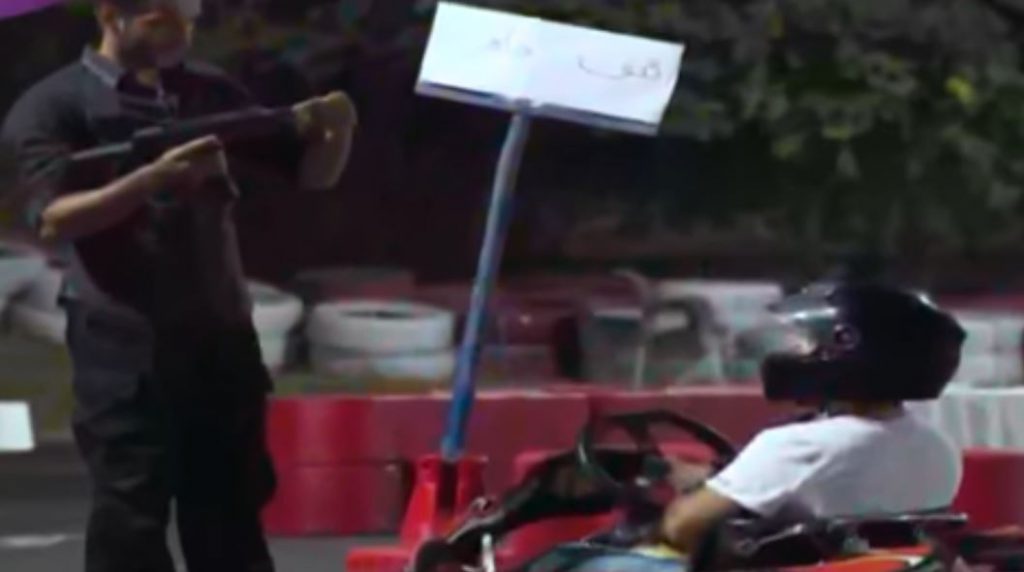
Yes, discussing racism is important, but it needs to happen in the right context. Instead of talking about the program’s problematic nature, the discussion became a heavily charged battle centered on racism -which leads me to my next point: this isn’t Khadra’s first prank, and his victims have mostly been Lebanese.
The last time I caught a glimpse of the series, I -like Hatoum- felt outraged. The episode I watched featured a young Lebanese man desperate for a job. The host, who posed as a business owner (as per the program’s format), humiliated him, time and time again, ordering him to do the most ridiculous things all the while laughing at him; demeaning him. He tricked him into thinking that he was going to be hired, and then left him high and dry. That episode, like the one mentioned in Hatoum’s article, was based on the pure trickery, and humiliation of participating subjects regardless of age, gender, or nationality, and therein lies the heart of the matter.
The war over ratings and traffic has come at the expense of good, responsible, quality television. Khadra is NOT the only one on the bandwagon, in fact there have been countless prank based television series that have caused major problems, locally, regionally and internationally. Here are some examples:
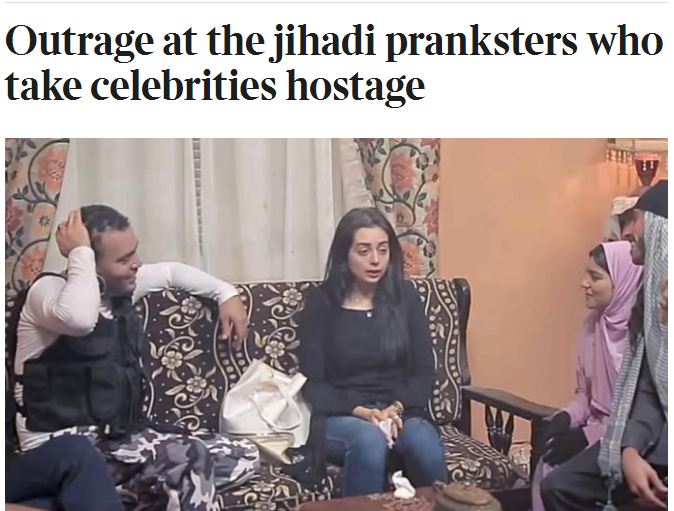

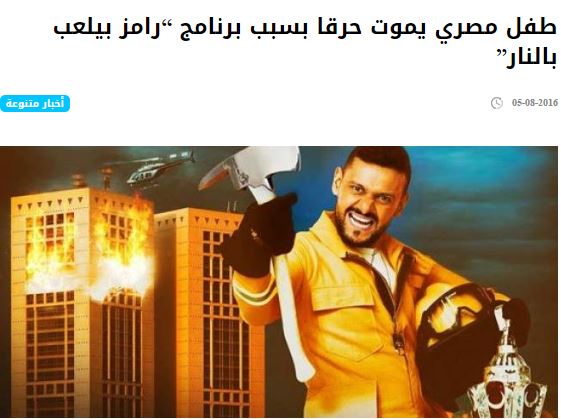

Marcel Khadra is now being lynched on social media platforms as a tried and proven racist. I’m not saying he is, I’m not saying he isn’t, but there are no indications that prove this particular allegation in this particular episode beyond the shadow of a doubt. What is evident, however, is that the man’s show is a travesty, because humiliation and deceit in the process of television making should not be the center point of creativity and script writing, nor should gun carrying, fire starting (as is the case with Egyptian prankster Ramez Jalal), or airplane turbulence (as is the case with Egyptian prankster Hani Ramzi).
Khadra, who has since responded in a Facebook post, insists that his only intention is to make people laugh. But prank shows, especially in a country as volatile as ours stand a high risk at being misunderstood and misinterpreted, not to mention that they normalize, well, pranks, which as mentioned above have ended in tragedy on more than one occasion.
Khadra says that a health check is run for all his participants, and that he in no way wants to humiliate them, but seeing the many episodes online I find the latter statement hard to believe. Even if there is prior agreement with participants, programs of this nature leave viewers in a state of emotional distress. I’ll speak for myself when I say that I don’t want to see humiliation normalized within the context of reality television. Nor do I wish to see people frightened beyond their wits.
On another note, Ahmad, who has since revealed himself as a performer (real name: Saddam Majid al-Chebli), has spoken out. In a Facebook post he shared, he said that he was indeed a “Lebanese of Syrian descent [who] speaks with a Lebanese accent.” Unlike what the al-Akhbar article said, he wasn’t a “worker” but is in fact an aspiring actor.
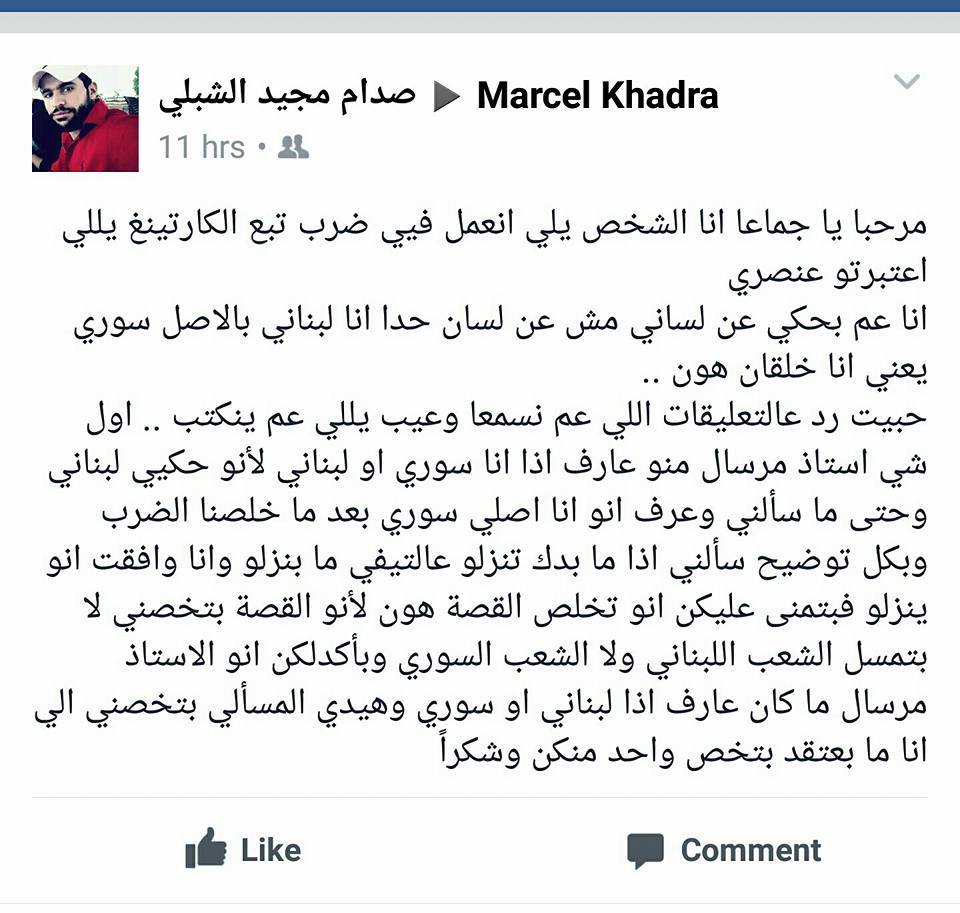
I hate TV pranks. I hate them with a passion. Every time I come across one on national television, I have to either quickly change the channel, or otherwise have a tantrum. So in a bid to escape, I have decreased my television viewing dramatically, and no, not because of Marcel Khadra, but because so many programs are simply ridiculous. From sexist, homophobic, xenophobic jokes, to tasteless objectification, the risks of television viewing becoming an uncomfortable experience are high, too high. I realize our local channels are struggling and need to make the numbers; I also realize that media literacy and fact-checking have become secondary even within journalistic institutions I once highly revered. This is tragic on so many levels.
Should the program be stopped? All prank based series should be, or at the very least become subject to modification, regulations, and strict rules. Should the producers of “Haddi Albak” issue an apology? Certainly, along with a disclaimer to appear before and during the program, telling viewers that the show is scripted and that some participants are actors. This rule should apply to all programs of the same nature. Similarly, should al-Akhbar issue a statement of clarification? Definitely. Maintaining journalistic trust is of the utmost importance in a media climate that is imploding under the weight of fake news.
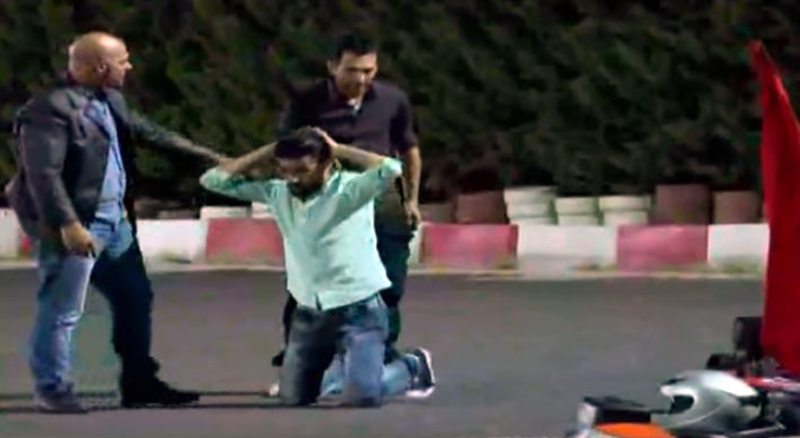
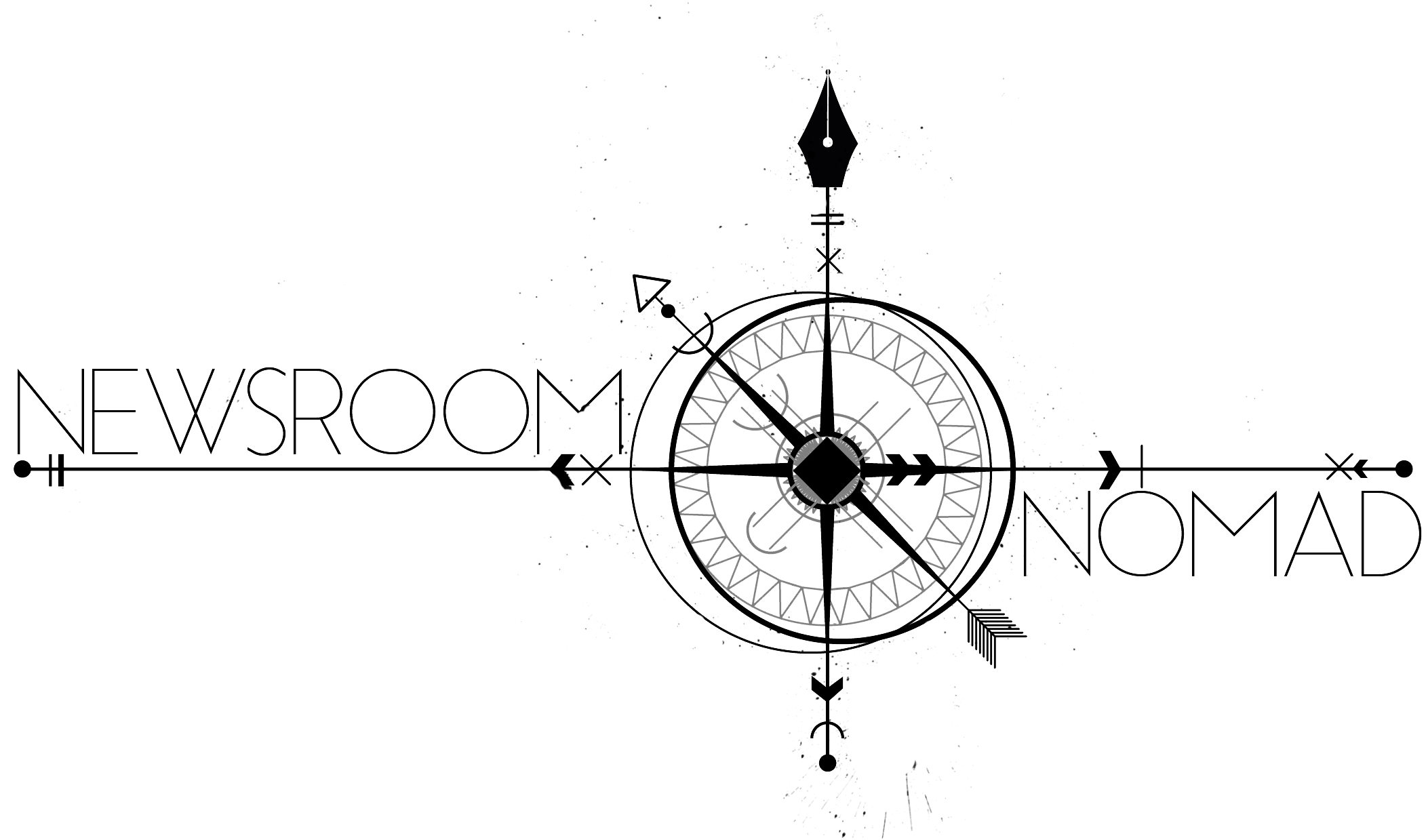
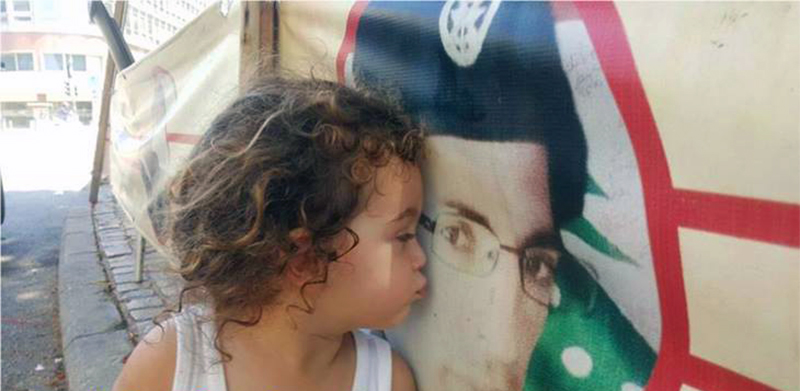
“…industry weakness, media illiteracy” is not limited to pranks on TV but more to a mindset that accept silly entertainment shows.